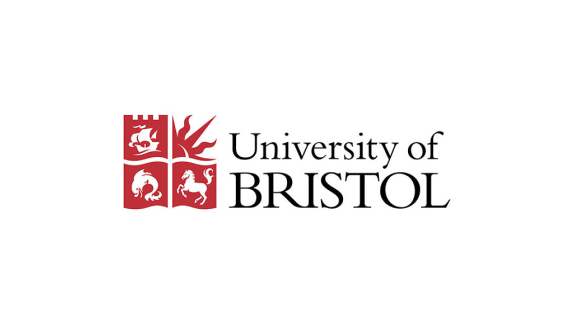
Institution: University of Bristol
Location: Bristol, United Kingdom
Focus Area: Design and Systems Thinking for Innovation, Global supply chains
Expertise: Design and Systems Thinking for Innovation, Global supply chains
Key Projects:
Teaching
The University of Bristol’s School of Economics, Finance and Management incorporates circular economycircular economyA systems solution framework that tackles global challenges like climate change, biodiversity loss, waste, and pollution. It is based on three principles, driven by design: eliminate waste and pollution, circulate products and materials (at their highest value), and regenerate nature. and sustainability-related topics into the undergraduate and postgraduate courses in Operations Management and Sustainability and Ethics in Global Supply Chains. A unit in Environmental Economics (EFIM30004) is offered as part of the BSc Economics and Management (2012/2022). Circular economy is offered as a major area of research for postgraduate dissertations in the School of Management.
Design and Systems thinking for Innovation is a mandatory unit for undergraduate courses offered by the University of Bristol’s Centre for Innovation and Entrepreneurship. The Innovation courses, the first of their kind in the UK, are designed for people who want to pursue their academic specialism in a way that enables them to apply it in an innovative and entrepreneurial way in a rapidly changing world. Courses offered include MSci Economics with Innovation (L104) and MSci Geography with Innovation (F805) amongst other varied disciplines. Learn more.
Green Gown Awards winner 2019 for the Sustainable Futures online course (more info here).
Through the University of Bristol’s Strategy and Education for Sustainable Development, the University is embedding discipline-relevant aspects of education for sustainable development into every degree programme. A previous review conducted identified that 85% of the undergraduates at the University of Bristol have an opportunity to study some aspect of sustainability as part of their degree courses.
Research
Professor Palie Smart, Head of the School of Management at the University of Bristol, has written multiple journal articles addressing circular economy aspects such as servitisation and manufacturing, green product innovation, and recently won the award for research on sustainabilityfrom the Journal of Product Innovation Management (JPIM) for the following research: - Harnessing Difference: A Capability-Based Framework for Stakeholder Engagement in Environmental Innovation (link). The research involved a systematic review of 88 scientific papers to produce a framework of capabilities that include: Value framing capabilities, Systematised learning capabilities and Integrative capabilities.
Professor Xiaojun Wang: Xiaojun's research interests include sustainable supply chain management, innovations in operations management
Professor Martin ParkerMartin is leading the Bristol Inclusive Economy Initiative (further info)
Professor David Evans: David has written many papers in sustainability. Evans, D & Mylan, J, 2019, ‘Market coordination and the making of conventions: Qualities, consumption and sustainability in the agro-food industry’. Economy and Society.(Link)
Professor Dale Southerton: Dale is the Acting Director of the Cabot Institute for the Environment
Circular economy and Sustainable Supply Chain Management (SSCM), B- Corp and sociotechnical/food sustainability topics are other research interest areas across the university (find out more)
Campus Management
The University of Bristol is adopting a Circular Economy Strategy to manage its resources. In addition to offering potential cost savings and sustainability improvements, this will redefine how the university manages its resources, away from a linear model of ‘make, purchase, consume, and dispose’ to one with the following principles;
Prioritises the use of regenerative resources : reusable, non-toxic, renewable.
Preserves and extends the life of what’s already been made : repairrepairOperation by which a faulty or broken product or component is returned back to a usable state to fulfil its intended use., upgrade, upcycle.
Turning waste into a resource : reusereuseThe repeated use of a product or component for its intended purpose without significant modification., remanufactureremanufactureRe-engineer products and components to as-new condition with the same, or improved, level of performance as a newly manufactured one., creating a secondary resource, recycling, no-landfill.
Designing for the future : longevity, low maintenance, reusable, adaptable.
Collaboration : working with the supply chain as partners, within and outside the university.
Rethinking our business model : Whole life costing and life cycle analysis.
Incorporating digital technology : Offering opportunities to connect organisations in delivering the six principles above.
Connect with
Umair Tanveer, Director of Resource Planning Lecturer (Assistant Professor) in Operations Management
Find out more
The University of Bristol has had an Environmental / Sustainability policy since 1997 and is committed to become a carbon neutral campus by 2030 (find out more).




